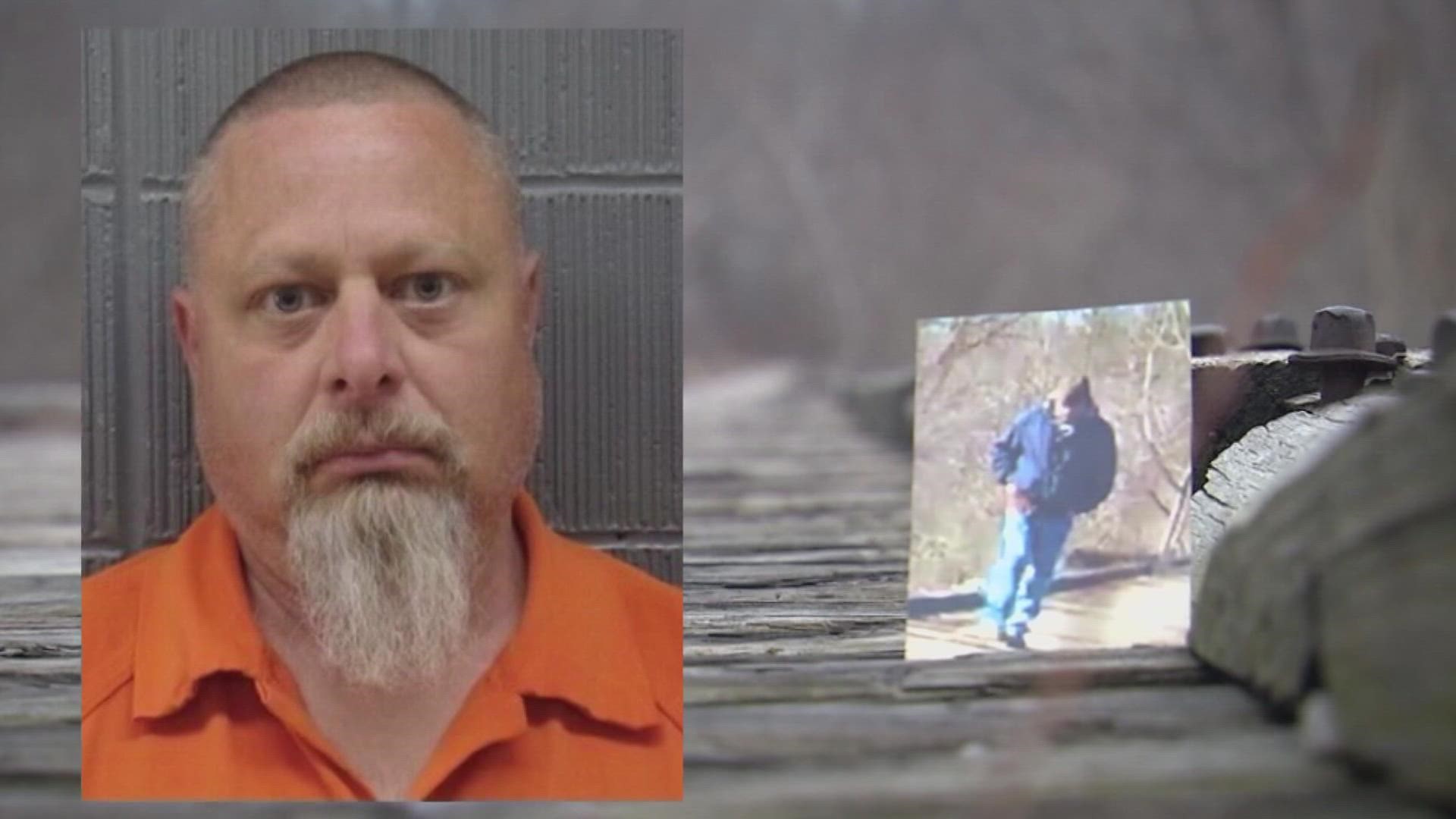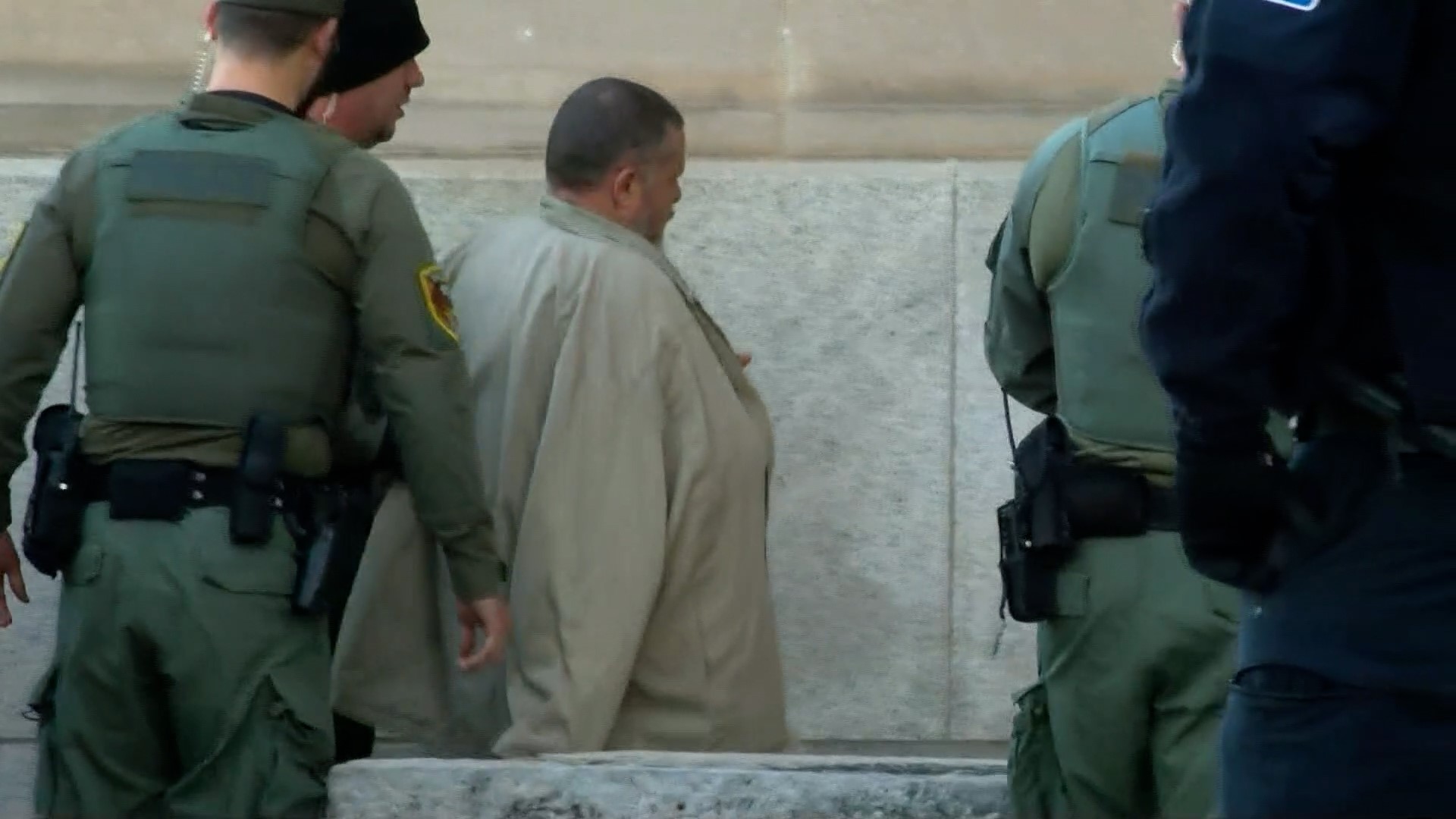DELPHI, Ind. — Tuesday morning, the public may learn new details about the deaths of two Delphi teenagers and why police believe Richard Allen is responsible for their murders. A court hearing will determine whether important documents in the case will remain sealed or will be released for public viewing.
Allen has also submitted a petition to be let out on bail. As part of that petition, Allen claims that "because neither the proof of guilt is evident, nor the presumption of guilt strong, the Accused is seeking a hearing to release the Accused.” Allen is asking for the court to either reduce his bail to a "reasonable" amount or release him on his own recognizance.
13News got video of Allen walking into the Carroll County Courthouse Tuesday morning.
Last month, state police arrested Allen in connection with the 2017 murders of Abby Williams and Libby German.
But Carroll County Prosecutor Nicholas McLeland asked a judge to seal all court records even before he filed murder charges. Judge Benjamin Diener agreed to the request, signing an order to seal the records.

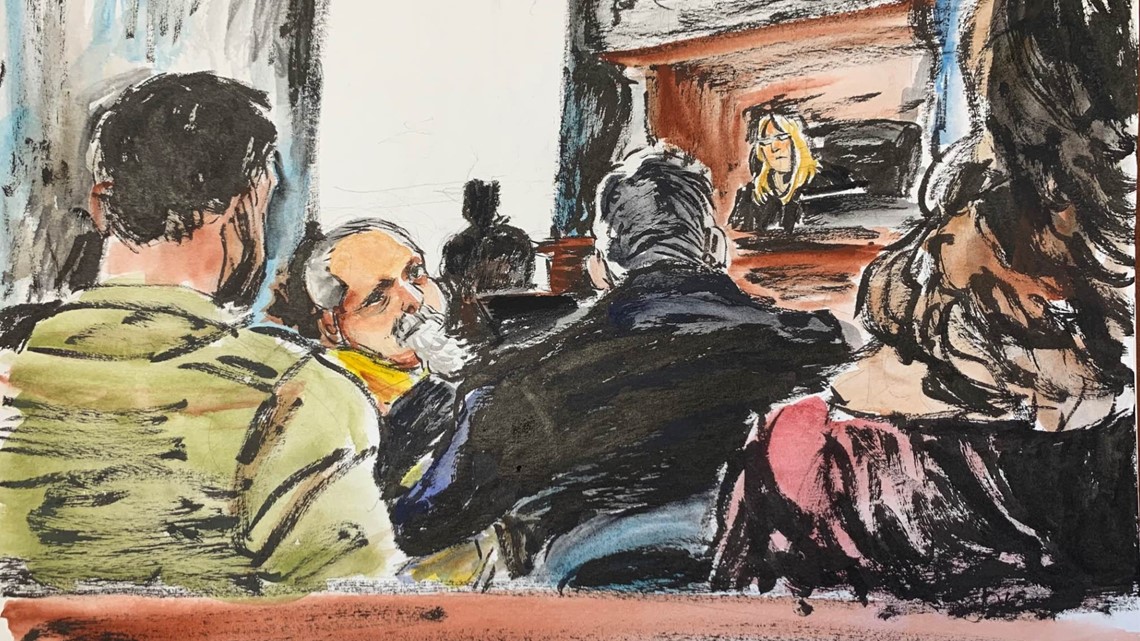


So despite the arrest and an initial court hearing for the defendant more than three weeks ago, the evidence that led police to arrest Allen is still a secret. That is very unusual, according to the attorneys, prosecutors and legal experts consulted by 13News.
"I was shocked when I heard that none of the information about the arrest of Mr. Allen that led up to his arrest was revealed to the public," said Jack Crawford, an Indianapolis criminal defense attorney who also served as Lake County (Ind.) prosecutor for a decade.

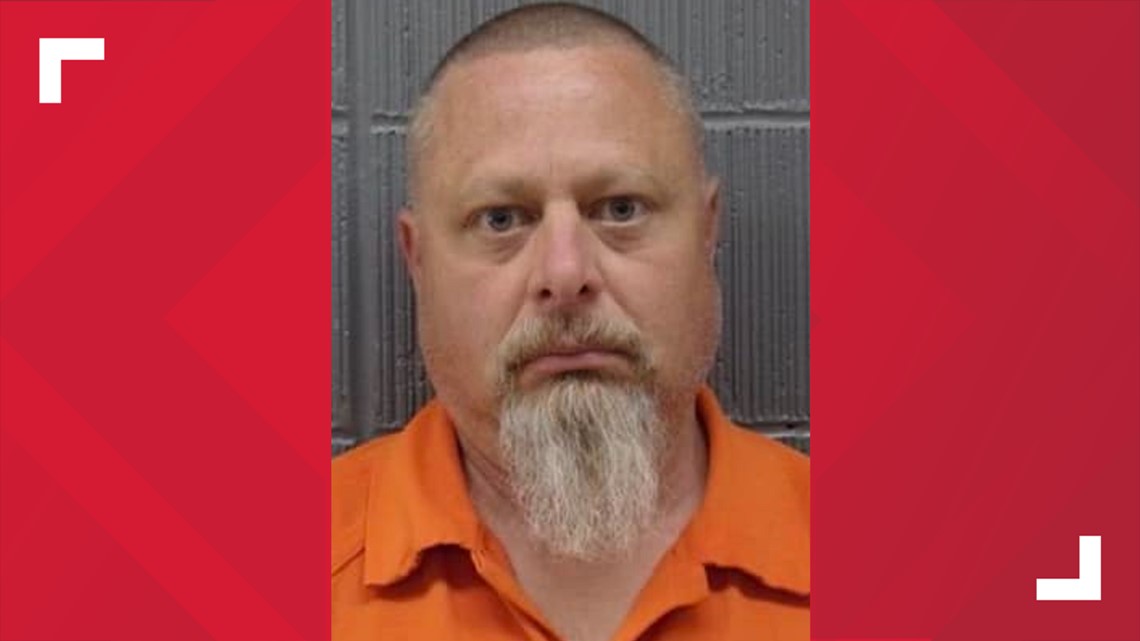
Extraordinary circumstances will be discussed
A seldom-used rule in Indiana does allow public court documents to be kept secret but only in "extraordinary circumstances."
Indiana's Rules on Access to Court Records Rule 6 state: "In extraordinary circumstances, a Court Record that otherwise would be publicly accessible may be excluded from Public Access by a Court" if any person affected by the release of the record makes a request to the court.
That rule – approved by a panel of judges appointed by the Indiana State Supreme Court – now requires the Carroll County Court to hold a public hearing to determine if the records should remain sealed.
The Tuesday morning hearing will take place in Delphi before Judge Frances Gull, an Allen County Superior Court judge who has been appointed as a special judge to oversee Allen's court proceedings after Diener recused himself from the case.

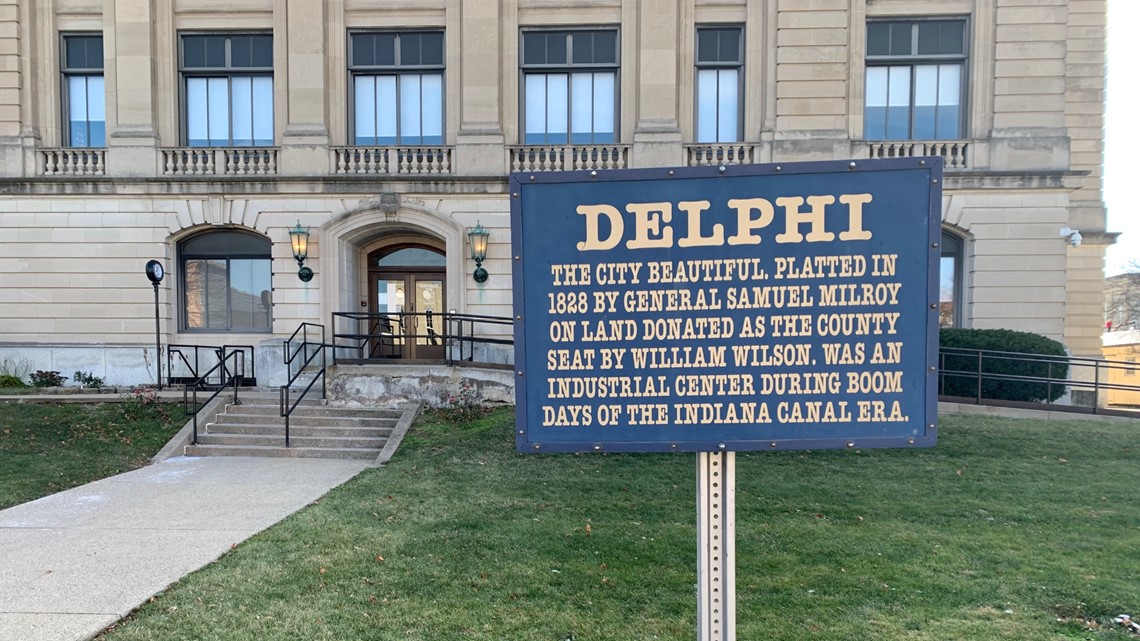
At the hearing, Gull will have to decide if the Carroll County prosecutor demonstrates by "clear and convincing evidence" that keeping the records secret is necessary to either:
- Substantially serve the public interest
- Prevent a significant risk of substantial harm to the prosecutor, other persons or the general public, or
- Avoid a substantial prejudicial effect to ongoing proceedings that cannot be avoided without prohibiting public access to the records
It is not clear why the prosecutor believes sealing details of the crimes and Richard Allen's arrest is serving the public interest, preventing harm or avoiding a prejudicial effect. McLeland denied a request by 13 Investigates to view his original motion to prohibit pubic access, which is also under seal.
Decision impacts "integrity of the entire judicial system"
But Allen's attorneys – and attorneys representing the public and the media – will also have a chance to present their arguments Tuesday morning to convince Gull that any benefits of keeping the records sealed are outweighed by the defendant's and public's interest in releasing them. Of particular public interest is the probable cause (PC) affidavit, a document that establishes why investigators believe a defendant is guilty of a specific crime. That document is almost always publicly released after a defendant has been arrested and charged.
"The public needs to know these things in order to have confidence in the investigation and confidence in the evidence in the case," Crawford told 13News. 'And doing things behind closed doors … this isn't Russia. We don't pull people off the streets, arrest them and try them for serious crimes in secret. We do it in public. It's part of our constitution. It's part of the American system of justice. It gives the public confidence in the result."
Novella Nedeff, who spent nearly two decades as a public defender and now teaches law at Indiana University, said she also has concerns about the probable cause affidavit remaining sealed.
"I dare say on the state level, I can't think of ever hearing of a probable cause affidavit being held 30 days after an arrest was made," she said, adding that releasing probable cause information helps ensure due process for the defendant while also allowing the public to scrutinize the justice system and ask important questions.

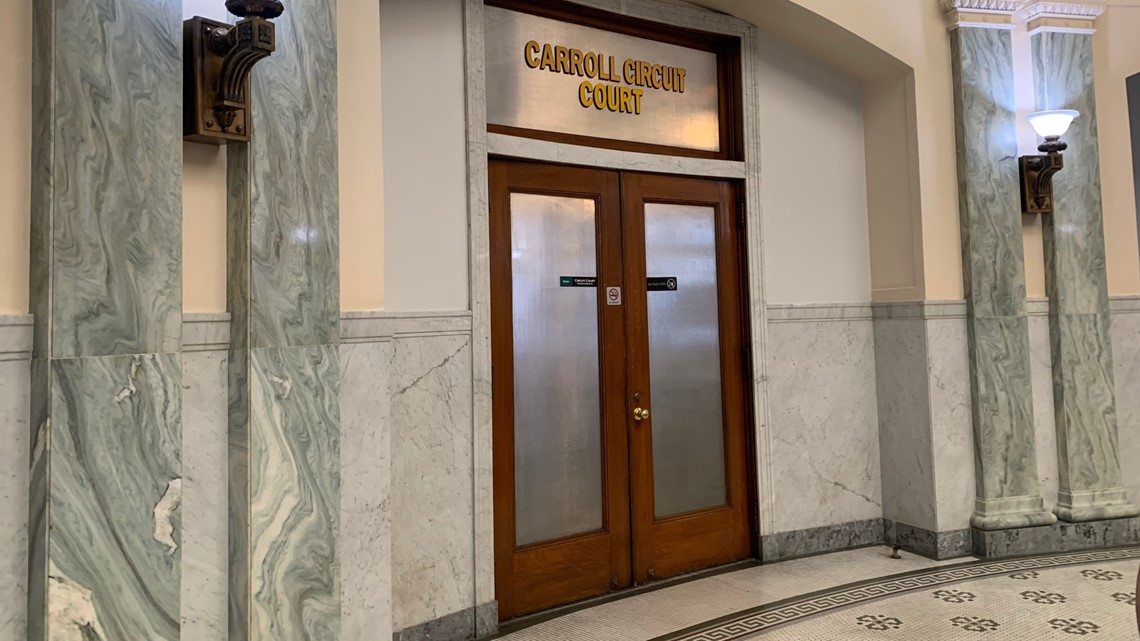
A group of Indiana TV stations (including 13News), newspapers and media organizations have partnered in opposition to the court documents remaining sealed and have submitted a brief to the court. That legal brief requests that the judge order the probable cause affidavit and other court documents related to Allen's arrest to be publicly released.
So will the judge unseal the probable cause affidavit that explains why Allen was arrested and charged with two brutal murders?
Crawford thinks the answer is yes.
"I think that document is going to have to be unsealed and the facts of this case are going to have to be made public for the integrity of the entire judicial system in the state of Indiana, and I think the judge will see that," the longtime attorney said. "The judge will balance the interests of the public and the interests of the defendant in a fair trial and the interests of the state in getting a fair chance at prosecution. The judge will balance all that, but I think the judge will come out in favor of releasing the document."
Releasing the documents is just one option available to Gull. The special judge might order the probable cause affidavit and other court records to remain sealed. Her order could also fall somewhere in the middle, allowing some records to remain sealed or redacted while ordering others to be made public.
While it is possible Gull will announce her decision during Tuesday's court hearing, she could also take all of the evidence and arguments under consideration and announce her order at a later time.
13News will be at the hearing Tuesday morning to report the judge's ruling and to report on any documents that Gull orders to be released.
Some Delphi court records already public
On the same day that the Carroll County prosecutor first announced that all records in the case were sealed by Judge Diener, 13News appealed directly to the judge, the prosecutor and state court administrators to get answers and to advocate for transparency about the case. Just hours later, the court decided to publicly release more information about Allen’s arrest.
In response to an Indiana Access to Public Records Act request from 13News, Diener sent an email to WTHR and state court officials granting several of 13News' requests for case information. Among the details released:
- Allen's initial bail was set at $20 million following his arrest (The prosecutor said several days later that Allen is now being held with "no bond.")
- Case summary information showing Allen's past and upcoming court dates
- A case number so the public can follow new details and events in the case
- A notice setting a Nov. 22 date for a public hearing for Diener to determine whether important records in the case will remain under seal
All of that information now appears on the state's searchable court information website – where anyone can see it – instead of being hidden as it had been for the past six days since charges against Allen were first filed.
Still under seal, however, is the detailed probable cause affidavit detailing evidence that police have gathered against Allen.

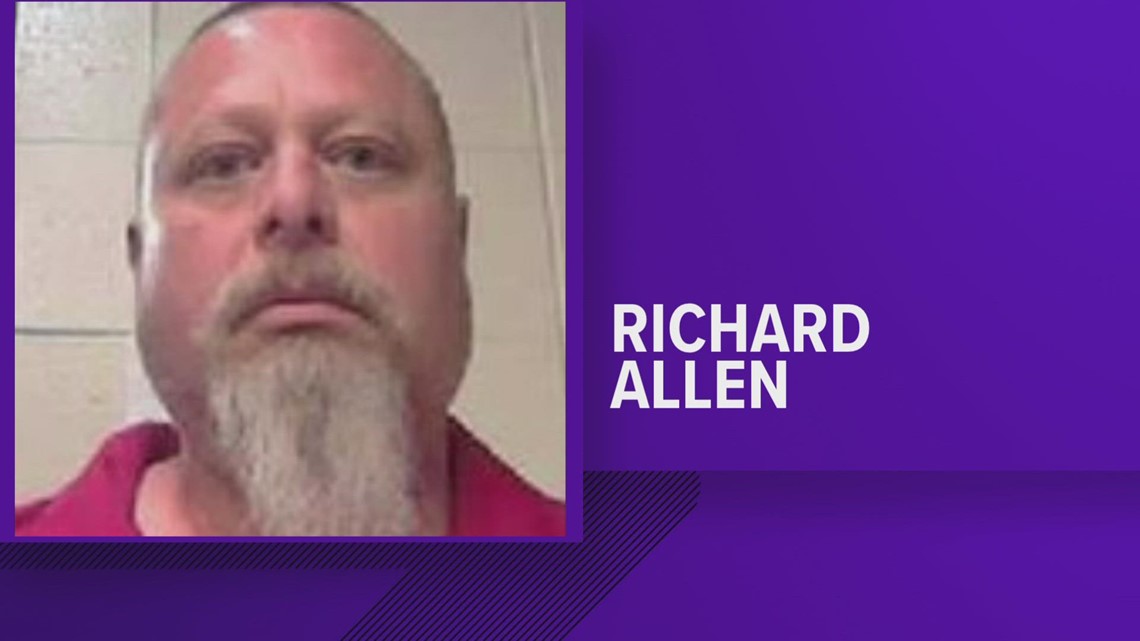
In response to questions sent by 13News, the chief public information officer for the Indiana Supreme Court contacted Diener to share concerns and offer assistance.
"From a PR standpoint, I am concerned that there is a sealed case with no cause number available (or known publicly), no PC, and no public hearing date to determine if the record should be sealed," wrote Indiana Supreme chief PIO Kathryn Dolan. "I do suggest the court be clear with procedural information on what is public and when or why (according to the rule) it is not public."
She advised the judge to be transparent about court rules and procedures. A short while later, Diener released basic information sought by 13News and then recused himself from the case. He told state court administrators he was overwhelmed by requests for sealed documents.
"I am begging for some assistance to shield me, the Court, from this storm so that I, the Court, can keep running the Court," Diener wrote just before stepping away from the case.
Decisions about the murder case – including whether to unseal documents – will now be up to Gall, who has 25 years of experience as a judge.

